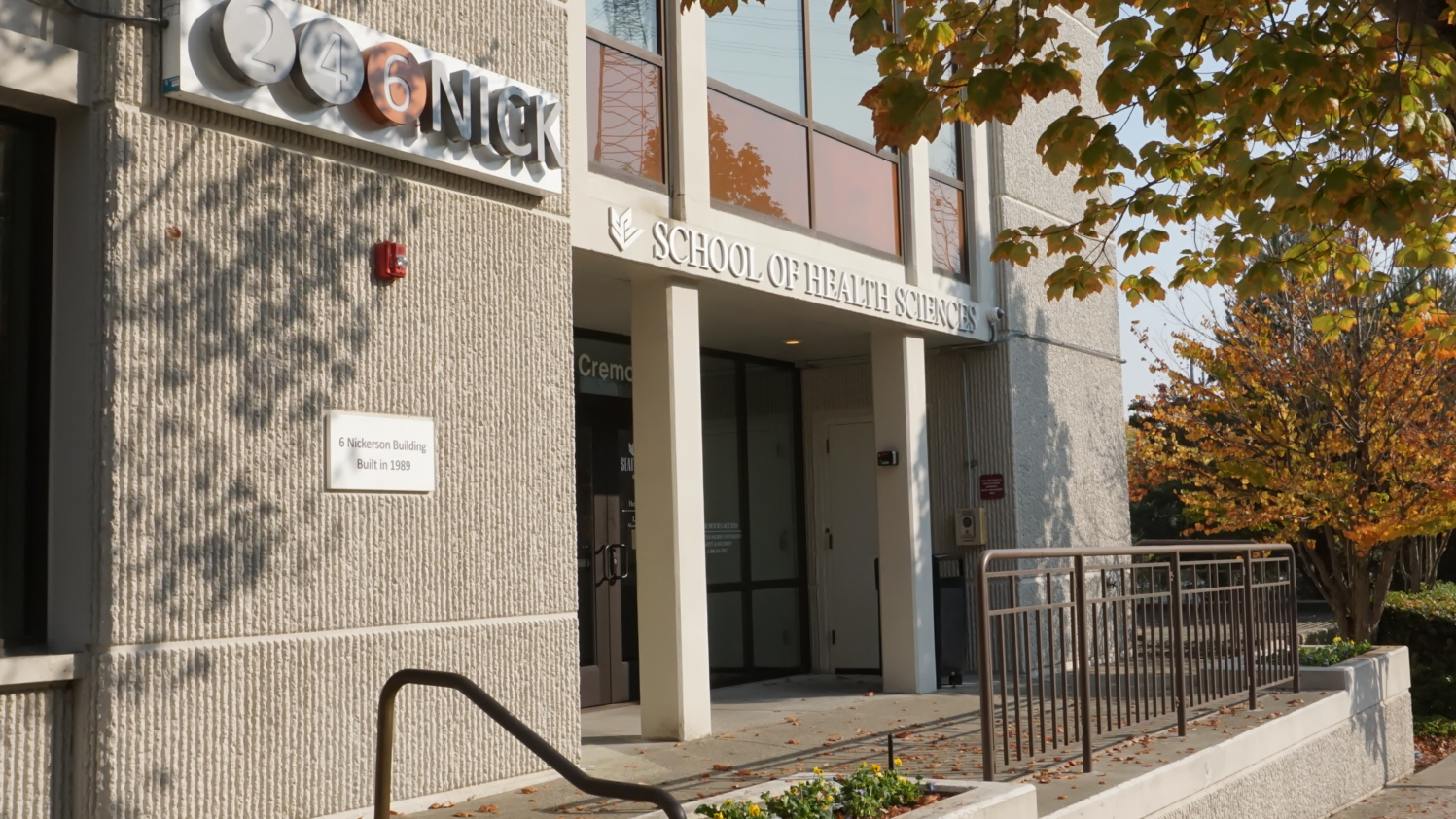SPU under review
Seattle Pacific University academic accreditation to be reviewed this year
October 26, 2022
Amid financial and leadership concerns, Seattle Pacific University’s academic accreditation status is a concern for students and staff alike. Generally, every university is reviewed every seven years, and this spring, SPU will have its accreditation status reviewed. Accreditation is a process of review from a government body that investigates colleges every seven years to determine whether or not the institution is capable of providing quality education to its students.
Sheila Steiner, assistant provost for institutional effectiveness and accreditation liaison officer, will help facilitate the accreditation.
“When we have our site visit in the spring, it will be in early May,” Steiner said. “These folks, who are faculty and administrators from other schools in the region, will be speaking to us. They will be holding an open forum for students, which offers a private space for students to discuss their experiences, good and bad.”

Accreditation looks at many aspects of a university and how it works, including how well the university manages money.
“An accreditor assures us that we’re being good stewards of the money the federal government gives us through things such as financial audits and a comprehensive self-study process about every layer of the school,” Steiner said.
Third year politics, philosophy and education major Rayna Martin believes that the university should focus on its best programs to maintain accreditation.
“This is a dilemma that many universities of our size deal with and is a large part of the reason why so many students choose to go to larger schools,” Martin said. “I think that if the university chooses to put strength into its best programs and stop putting resources into our courses that are stretched thin, we’ll maintain our quality of education and funnel students into degrees that they’re likely to succeed in.”
Although there are concerns that program cuts might affect current students, Steiner assured that this would not be the case.
“When we decide to start or discontinue a program, we need to get permission from the accreditor to do that,” Steiner said. “When a program is cut, we have to come up with a timeline to do so that every student currently enrolled in a program has to finish a degree before the program is finally closed. We won’t just take a degree away from anyone.”
Fourth year interior design major Grace Ihle expressed concern about how at risk SPU’s accreditation status is.
“I don’t know the accreditation process all that much, but I don’t see the school’s accreditation status being affected by the board’s recent decisions. It has a lot more to do with reputation, which could affect the school’s status later on,” Ihle said. “I think the main concern that I have is that SPU as an institution might have problems continuing to exist at all. I get the sense that this is less about the accreditation and more about the longevity.”
Steiner discussed the potential impact that SPU’s financial struggles might play in the accreditation process.
“The budget has a lot to do with our accreditation,” Steiner said. “We need to have a healthy financial situation ourselves, and the fact that we’ve been running on a deficit for some time now has raised the attention of the accreditors, and they’ll look at us more closely in the spring.”
Even if SPU loses accreditation status, Steiner explained that this might still be something the university could recover from.
“If we fall out of our status, we will have to show improvement over the next year or two to get back into compliance,” Steiner said. “For now, I think we’re still in decent shape, and we’ve sent signals that we’re trying to fix our spending issues.”
Steiner explained that accreditation is necessary to hold institutions responsible for their actions and that it should not be a cause for concern.
“Accreditation is about accountability. It’s about holding institutions accountable for the products they produce or the students they educate,” Steiner said. “It’s about accountability, in this case to the federal government.”

























































































Danjie Shent • Apr 5, 2025 at 1:57 pm
SPU DNP program had lousy staff yet students still had to pay for the “teaching” that most of the time happened poorly. Dr Hoyle would use and abuse her students rather the education of students